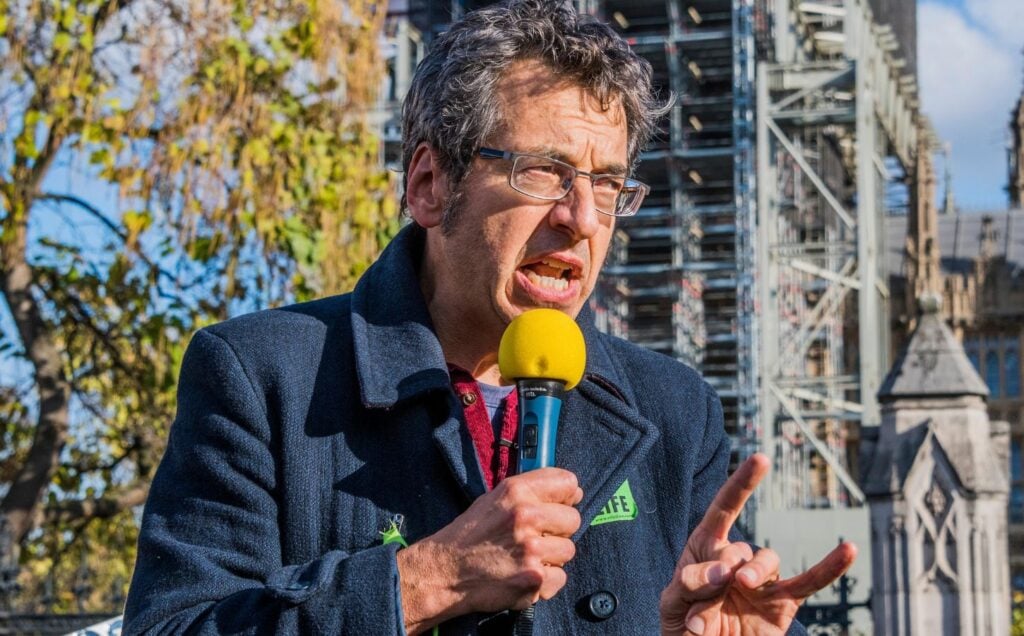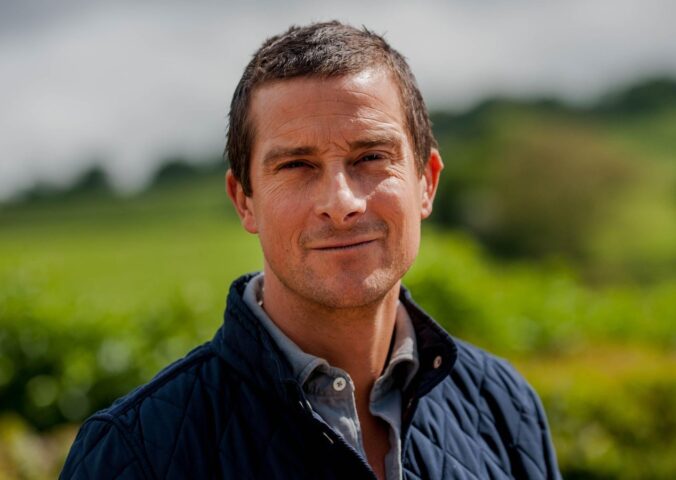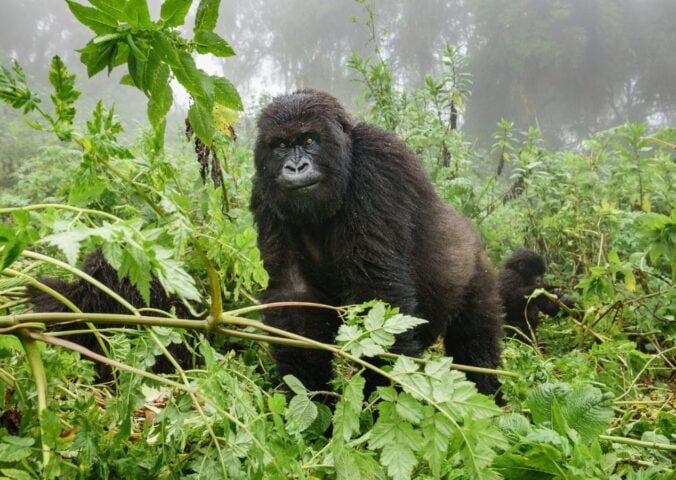On July 11, 2023, a debate between environmentalists Allan Savory and George Monbiot took place at Oxford University Museum of Natural History. The two discussed livestock grazing’s role in the climate crisis. The debate, chaired by Dame Professor E.J. Milner-Gulland, saw them clash about the viability of regenerative grazing (also known as holistic management).
Zimbabwean farmer Allan Savory is the earliest and most well-known proponent of the method. He appeared on Netflix series Kiss the Ground, and has given talks and written books on its supposed capabilities. Holistic management is the idea that grass-fed cattle on rotational systems can “mimic nature” and help the land sequester more carbon through their grazing. It’s believed that their doing so stimulates the plants to grow back and causes their roots to grow deeper into the soil, which removes carbon from the atmosphere and improves biodiversity. In a 2013 TED Talk, Savory argued that well-managed grazing systems could “reverse” climate change. He has even encouraged the world to eat meat to help the planet.
The substance of Savory’s argument, however, has been questioned by many scientists and environmental campaigners. Monbiot is one of his most well-known critics, and the writer has frequently pointed out apparent holes in Savory’s arguments.
George Monbiot’s critique of holistic management
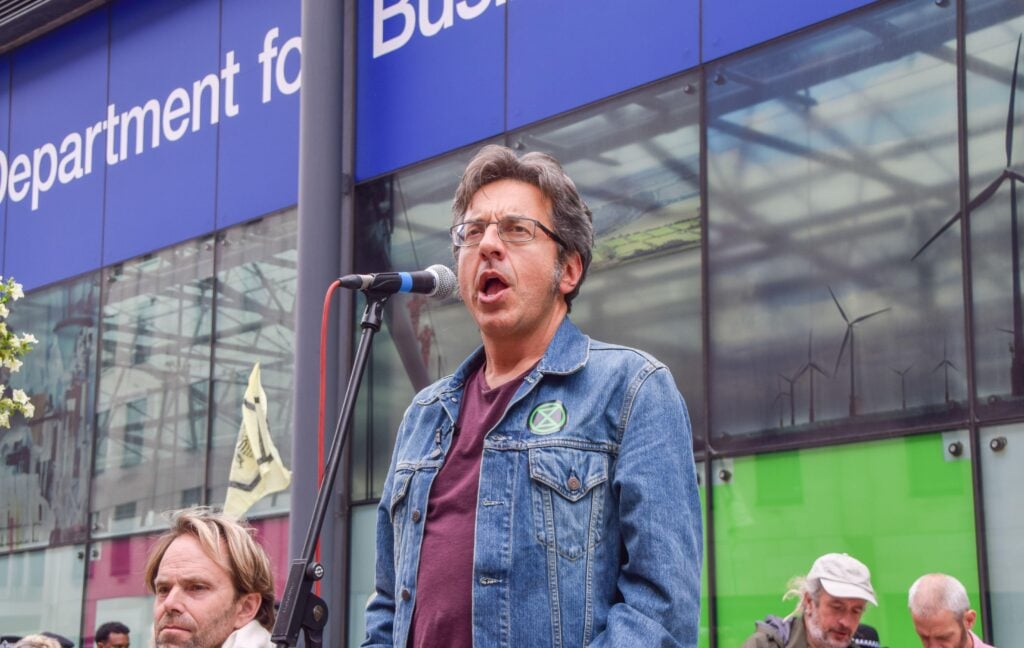
After Savory had delivered his opening speech, Monbiot said that there was no empirical evidence that holistic management could mitigate the climate crisis. He went on to say that there is also no evidence it can offset the emissions it produces itself. On the contrary, he said that there’s “loads of contradictory evidence showing that grazing livestock systems are a major net loss of carbon into the atmosphere.” He highlighted that there had been several papers published recently that found removing animals from land allows more carbon to be sequestered. “Far from livestock grazing helping to mitigate climate breakdown, it actually accelerates climate breakdown,” he said.
He pointed out that Savory’s claims had been debunked repeatedly, and added that there are “several words” that can be used to describe a claim for which there is no evidence or that has already been debunked. “One of them is pseudoscience,” he said. “One of them is mumbo jumbo… But perhaps the most appropriate one in this case is bullsh*t.”
When presenting his critique of the concept that livestock grazing could be a solution to the climate crisis, he cited it as a major contributor to greenhouse gas emissions and ecological destruction. He pointed out that the greenhouse gasses produced by livestock account for between 16.5 and 28 percent of the world’s total emissions (the official figure UN figure is 14.5 percent). All these estimations are more than all the world’s transport emissions combined. A key issue regarding agriculture’s emissions is methane, which is 80 times more warming than carbon in its first 20 years in the atmosphere. Cattle account for around a third of human-caused methane. Monbiot held that the products of grazed livestock are particularly harmful due to the fact that grazed cattle grow more slowly, meaning that they produce more methane. Monbiot described grass-fed beef as the “worst possible food product.”
A Carbon oppportunity cost
Monbiot also emphasized the “carbon opportunity cost” of livestock farming. By this, he means the carbon that could be sequestered if land used for grazing were rewilded. Currently, around 26 percent of the world’s habitable land is used for grazing animals. He stressed that livestock farming, especially grazing, drives ecological destruction and deforestation at alarming rates, outpacing even the notorious palm oil industry.
“Climate science denial”
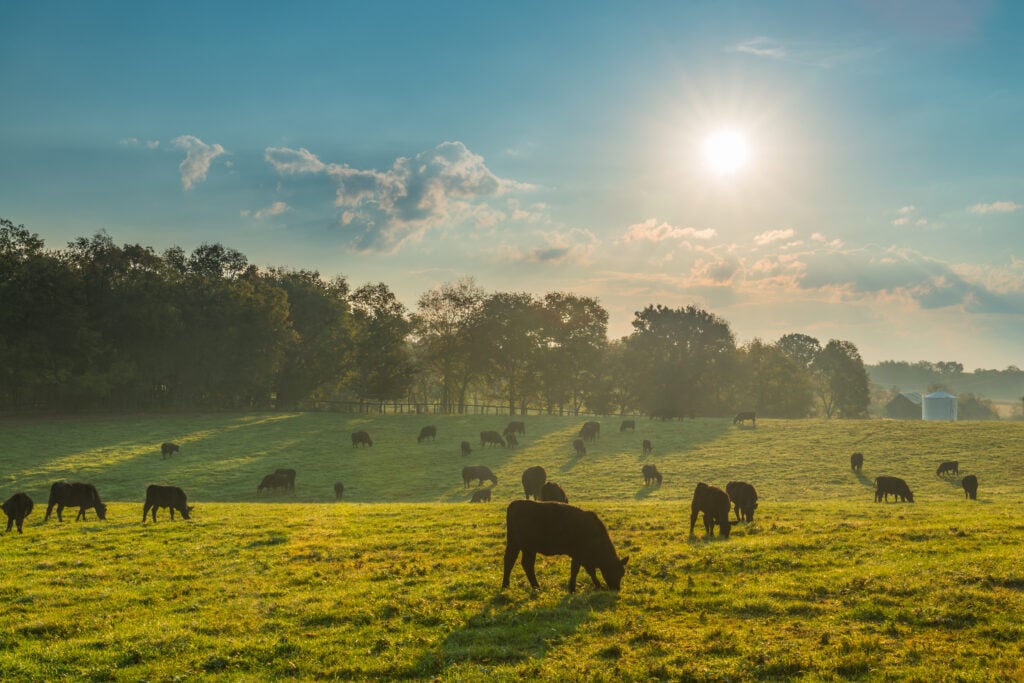
He referenced one study that found we would draw down sufficient carbon to counteract 19 years of the world’s fossil fuel emissions if we all went vegan overnight and rewilded the land that was spared. “So any story that says it’s good to be farming these livestock, it’s good to be eating these livestock, is a story which justifies among the most devastating processes on Earth,” he said. “It is climate science denial.”
Monbiot linked this denial to the interests of major corporations like McDonald’s, General Mills, JBS, and the Murdoch Network, who he says have “backed and weaponized” the idea that grazing cattle is environmentally beneficial. “The story is false,” he said. “When you make a grand claim such as this one, that livestock can mitigate climate change, either you produce the evidence for that claim or if you cannot produce the evidence you withdraw the claim. The evidence has not been produced, the claim does not stand.”
Other critiques of Savory
Monbiot is far from the only critic of Savory’s ideas. A 2017 University of Oxford study titled Grazed and Confused accepted that managed grazing systems could sequester some carbon back into the soil. It added, however, that this was only around 20-60 percent of the emissions that the cattle produced in the first place. What’s more, after a few years soil reaches carbon equilibrium, meaning it cannot sequester any more.
A review article published in the International Journal of Biodiversity highlighted that land left free from grazing had more biodiversity. “Published comparisons of grazed and ungrazed lands in the western US have found that rested sites have larger and more dense grasses, fewer weedy forbs and shrubs, higher biodiversity, higher productivity, less bare ground, and better water infiltration than nearby grazed sites,” it said.
Watch the debate between Monbiot and Savory below:
